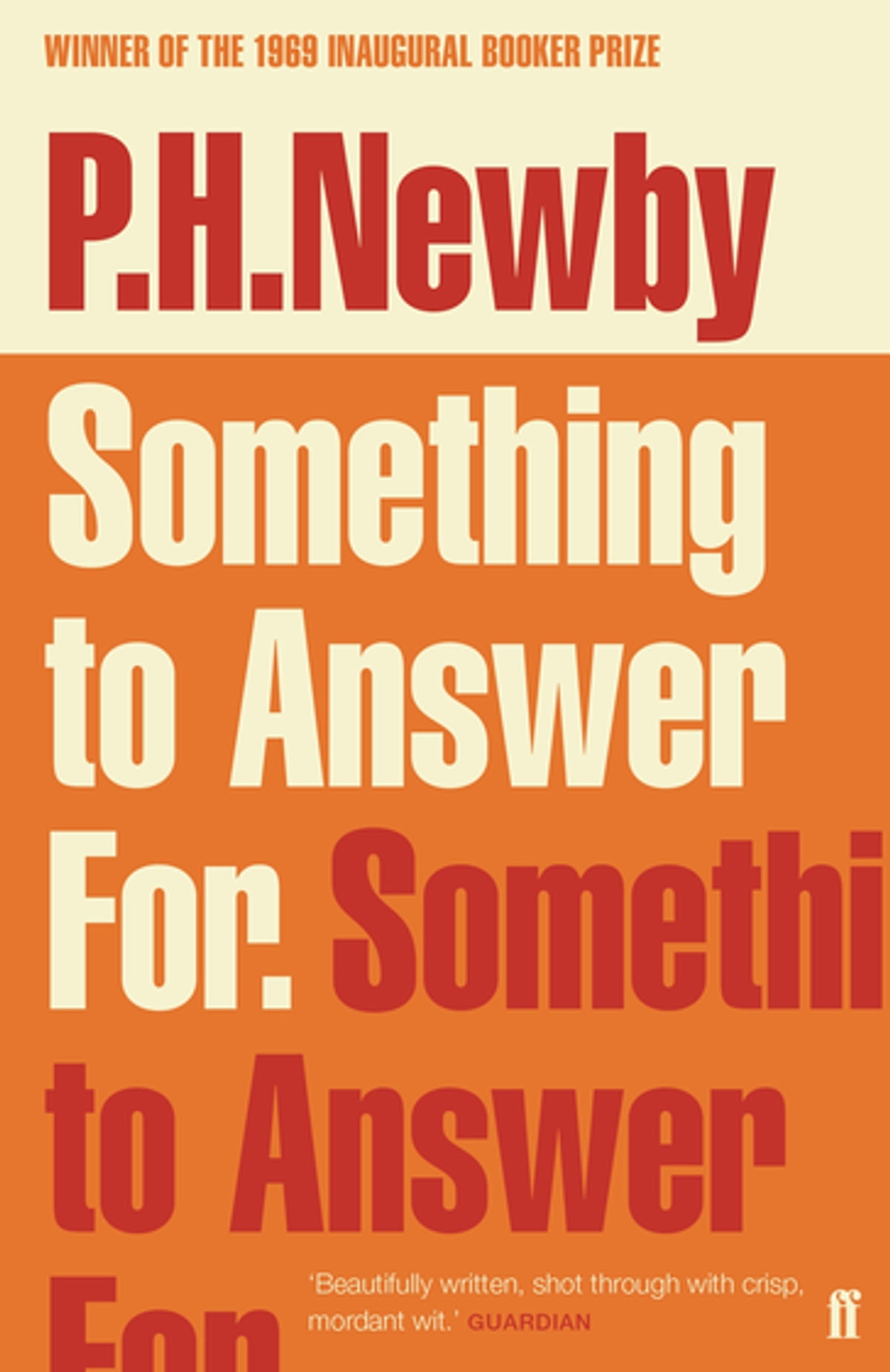

Most ebook files are in PDF format, so you can easily read them using various software such as Foxit Reader or directly on the Google Chrome browser.
Some ebook files are released by publishers in other formats such as .awz, .mobi, .epub, .fb2, etc. You may need to install specific software to read these formats on mobile/PC, such as Calibre.
Please read the tutorial at this link: https://ebookbell.com/faq
We offer FREE conversion to the popular formats you request; however, this may take some time. Therefore, right after payment, please email us, and we will try to provide the service as quickly as possible.
For some exceptional file formats or broken links (if any), please refrain from opening any disputes. Instead, email us first, and we will try to assist within a maximum of 6 hours.
EbookBell Team

4.8
34 reviewsP.H. Newby’s 17th novel made literary history in 1969 when it was named the inaugural winner of the Booker Prize. "Beautifully written, shot through with crisp, mordant wit, and Newby plays out his narrative with consummate skill" (Sam Jordison, The Guardian).
It was 1956 and he was in Port Said.
About these two facts, he was reasonably certain but a murderous attack left him certain about little else - maybe just the conviction that the British usually did the right thing and that to be a crook a man must assume the society he lived in was honest.
"Newby deserved, and deserves more attention. Graham Greene called him “a fine writer who has never had the full recognition that he deserves,” and that’s as true now as it was in Newby’s lifetime... Something to Answer For is set in the Egypt of 1956, during the Suez Crisis, and it boasts a wonderful sense of place." - Paris Review
P.H. Newby was a novelist and BBC mandarin who in 1969 became the first winner of the Booker Prize, for Something to Answer For Newby was the author of some 23 novels as well as several works of biography and Egyptian history. The majority of his writing career, including as fiction reviewer for The Listener, ran in tandem to his roles at the BBC, where he eventually rose to become Controller of Radio 3 and then managing director of BBC Radio.